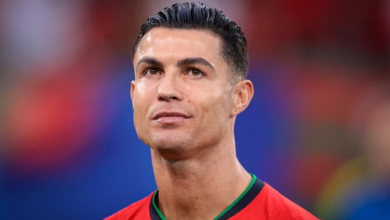
Introduction Ukraine and Russia relationship between
The relationship between Russia and Ukraine has been tumultuous for centuries, with the two nations sharing a complex and intertwined history that has been marked by periods of cooperation and conflict. In recent years, tensions between the two countries have escalated, with Russia’s annexation of Crimea in 2014 and ongoing military support for separatists in eastern Ukraine sparking a new chapter in the ongoing conflict. This has led to international condemnation and sanctions against Russia, as well as a humanitarian crisis in the affected regions.
Historical Background
The relationship between Russia and Ukraine has its roots in the medieval Kievan Rus, a loose federation of East Slavic tribes that formed the basis of the modern-day Slavic states. In the late 16th century, the Polish-Lithuanian Commonwealth seized control of Ukraine, leading to centuries of domination by foreign powers. In the late 18th century, Russia annexed the eastern part of Ukraine, including the region of Crimea, which was a part of Russia until 1954 when it was transferred to Ukraine.
Throughout the 19th and early 20th centuries, Ukraine was subjected to various forms of oppression and exploitation under Russian rule, including policies aimed at suppressing Ukrainian culture and language. Following the Russian Revolution of 1917, Ukraine briefly gained independence before being absorbed into the Soviet Union in 1922.
TOP NEWS
lets-go-brandon/
During World War II, Ukraine was devastated by Nazi occupation and saw a significant portion of its population killed or displaced. After the war, Ukraine became a republic within the Soviet Union and remained under Soviet control until the collapse of the Soviet Union in 1991.
Post-Soviet Era
Following the collapse of the Soviet Union, Ukraine declared independence and began a difficult process of transition to a market economy and democracy. The country was beset by economic difficulties and political turmoil, with corruption and oligarchy becoming major problems. Relations with Russia remained complex, with many Ukrainians feeling a strong sense of cultural and historical connection to their eastern neighbor, while others resented Russia’s interference in Ukrainian affairs.
In 2004, Ukraine experienced the Orange Revolution, a popular uprising against a fraudulent presidential election that resulted in the victory of pro-Russian candidate Viktor Yanukovych. The protests eventually led to a new election, which was won by pro-Western candidate Viktor Yushchenko.
Tensions between Russia and Ukraine intensified following Yanukovych’s election in 2010, which was marked by allegations of widespread fraud. Yanukovych pursued closer ties with Russia, including joining the Eurasian Customs Union and negotiating a major gas deal with Russia in 2013. This move was met with widespread protests by pro-Western Ukrainians, who accused Yanukovych of betraying Ukraine’s sovereignty.
if you need more information so please write a comment i will provide you best more information’s
Also Read,,, loranocarteroakland-exploring-loran-o-carters-impact-on-oakland-a-story-of-resilience-and-activism/





